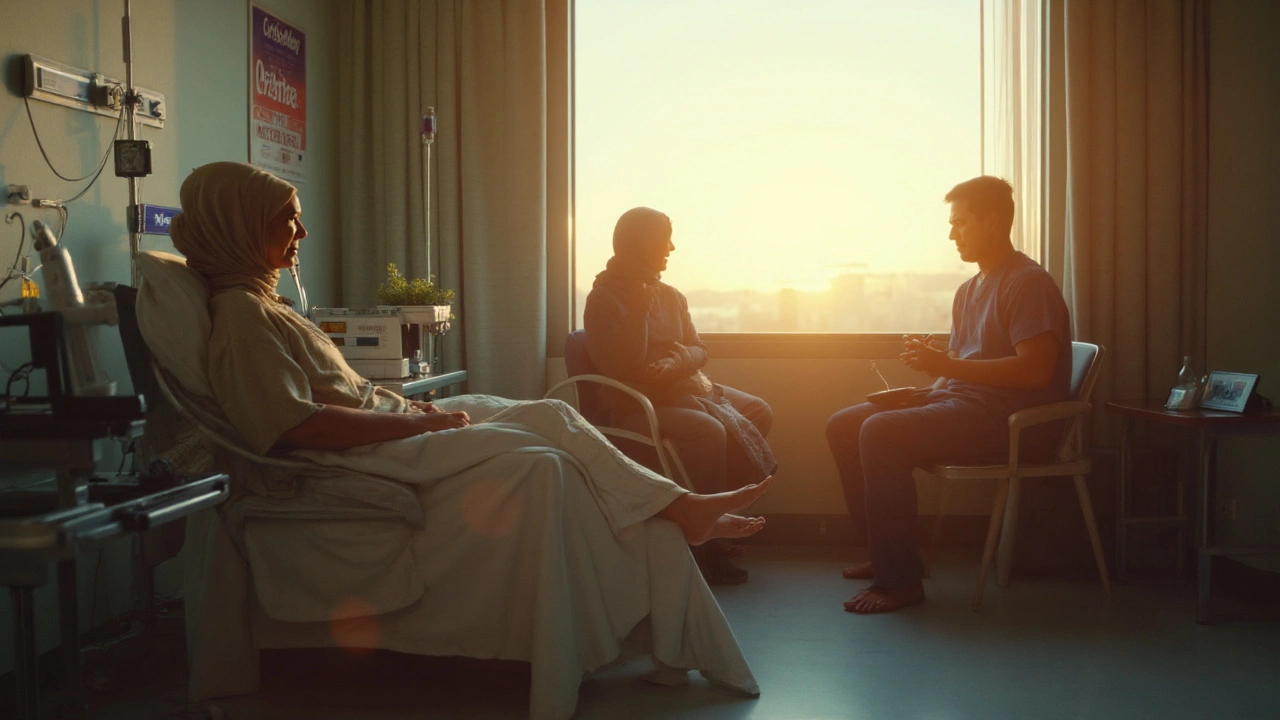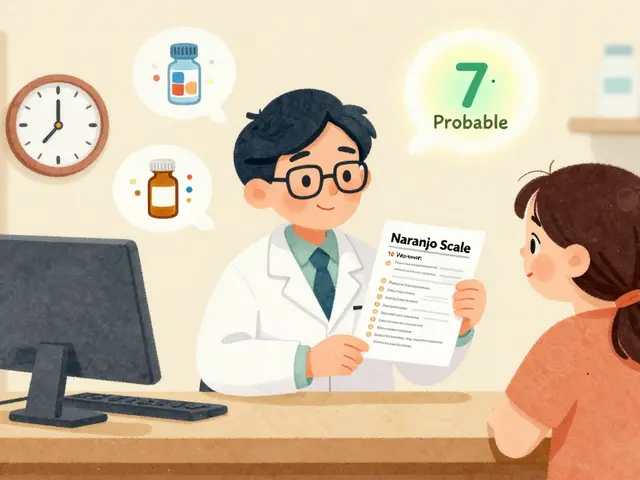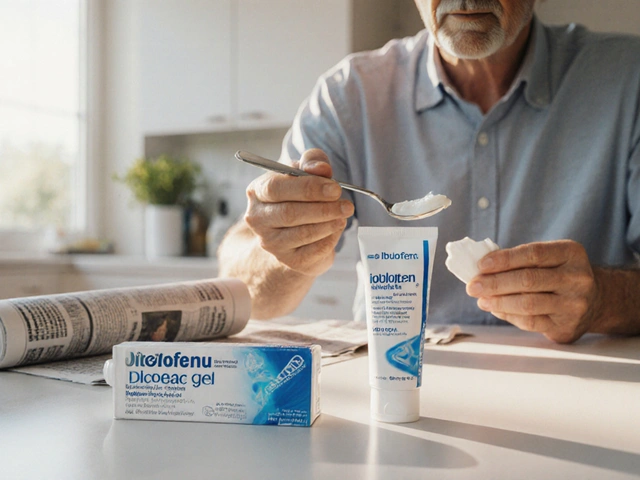Coping With Cancer: Real‑World Tips You Can Use Today
Getting a cancer diagnosis flips your world upside down. It’s normal to feel scared, angry, or confused. The good news? You don’t have to face it alone, and there are concrete steps you can take right now to make the journey smoother.
Manage Side Effects Like a Pro
The treatments that fight cancer—chemo, radiation, immunotherapy—come with side effects. Start by keeping a daily log of what you feel, when it happens, and what you ate or did before. This simple record helps your doctor tweak doses or prescribe meds that calm nausea, fatigue, or mouth sores.
Hydration is a game‑changer. Aim for at least eight glasses of water a day; add electrolytes if vomiting is an issue. Small, frequent meals with bland foods (rice, bananas, toast) can keep energy up without overwhelming your stomach.
If hair loss worries you, talk to a dermatologist about scalp cooling caps or gentle wigs that feel natural. And remember, skin can get sensitive—use fragrance‑free moisturizers and avoid hot showers.
Emotional Health & Support Networks
Feeling emotional is part of the process. Talking helps more than bottling it up. Join a local cancer support group or hop onto an online forum where people share daily wins and setbacks. Hearing someone say, “I’ve been there,” reduces isolation fast.
Professional help isn’t just for crises. A therapist trained in oncology can teach coping tools like mindfulness breathing or guided imagery—quick tricks you can pull out while waiting for a scan.
Don’t forget your inner circle. Let friends and family know the specific ways they can help: drive to appointments, prepare freezer meals, or simply sit with you in silence. Clear asks cut down on guesswork and make support feel intentional.
Financial & Practical Resources
Cancer care can hit your wallet hard. Start by contacting your hospital’s financial counselor; many have programs that lower co‑pays or arrange payment plans. Look up nonprofit grants—organizations like the Cancer Financial Assistance Coalition offer emergency funds for meds and travel.
Use prescription discount cards or apps to compare drug prices before you fill a script. Some pharmacies deliver meds right to your door, saving trips when you’re low on energy.
If work is an issue, discuss flexible hours or remote options with your employer. The Family and Medical Leave Act (FMLA) can protect your job for up to 12 weeks in many cases.
Everyday Habits That Boost Recovery
Gentle movement keeps muscles from wasting away. Even a short walk around the house or light stretching can improve mood and circulation. Aim for 10‑15 minutes a day, increasing as you feel stronger.
Sleep matters more than you think. Keep a regular bedtime, dim lights an hour before sleep, and avoid caffeine after noon. If pain keeps you up, discuss safe nighttime meds with your doctor.
Finally, celebrate small victories. Finished a chemo session? Treated a side effect? Write it down and give yourself credit. Those wins add up and keep hope alive.
Coping with cancer isn’t about pretending everything’s fine—it’s about taking practical steps, leaning on the right people, and giving yourself permission to feel and heal at your own pace.
27
Spirituality and Cancer: How Faith, Meaning, and Mindfulness Support Carcinoma Recovery
What spirituality actually does in carcinoma recovery: evidence, safe practices, tools, and FAQs to cope better-without replacing medical care.



